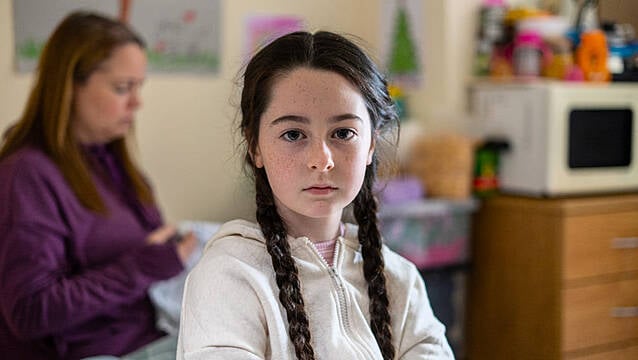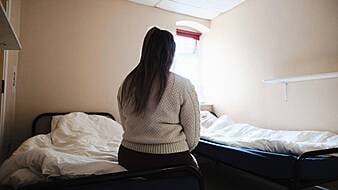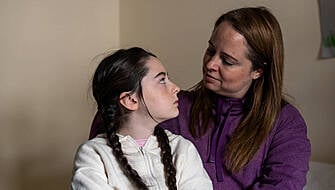Right now, there’s a record total of over 14,486 people who are homeless in Ireland, with even more people at risk. The number of families in emergency accommodation has doubled in the last two years alone.
Over 4,500 children are without a place to call home. But numbers alone don’t tell the full story, because it’s people we are talking about. Real families. Ordinary families like Tara*, a 43-year-old single parent, with a daughter aged 13, and a son aged 11. “My family and I have been homeless since June,” says Tara. “We got notice early in the year that the house we had been living in for seven years was being sold, and we would have to leave.
“I looked everywhere for alternative accommodation,” Tara says. “I applied to local authorities as far afield as Achill Island, Donegal and Galway. I thought about going up North. I thought about going to Scotland. It’s frustrating that there’s this perception that you can find somewhere easily,” she adds.
“In June we had no choice but to go to an emergency accommodation hub in Glasnevin for three weeks and then we came here to Focus Ireland’s Aylward Green supported family accommodation facility in Finglas.”
“Being homeless is as basic as not having anywhere to go immediately,” explains John O’Haire, head of family services with Focus Ireland. “There are lots of families in emergency accommodation around the country who just need a home,” he adds.
“They're not there because of any personal issues like addiction or poor mental health or anything like that. At Focus Ireland we’re at pains to explain to people who are experiencing homelessness that it’s not about them, it’s about the system. If a landlord sells a house, it's not their fault. If there's not another house to go into, it's not their fault. It’s clear that the system is dysfunctional and we have to do more to fix it.”
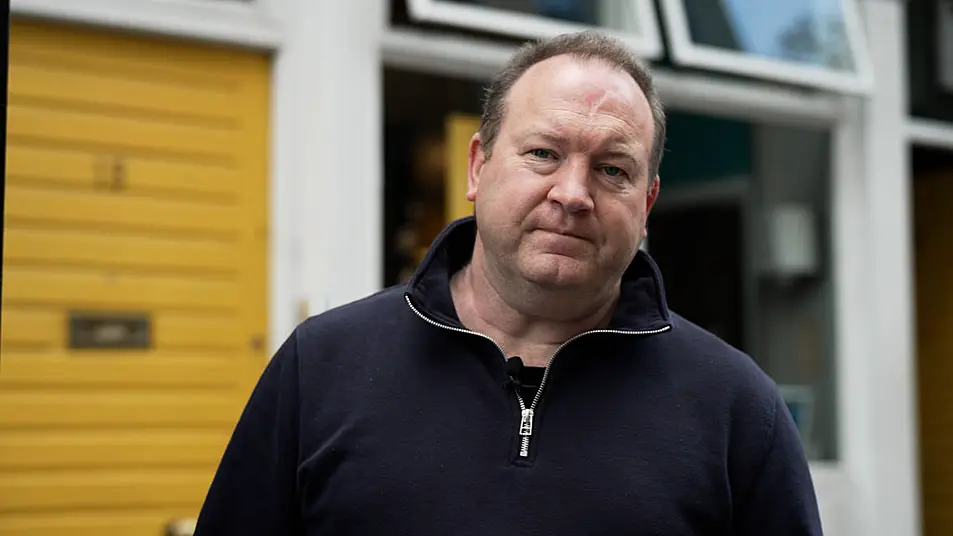
The local authority generally refers families who need some additional support to Aylward Green. They have two types of accommodation - full tenancy and short-term accommodation. The goal is to get people out of short-term accommodation within six months, but given the housing crisis situation, stays inevitably drift on longer.
“The value of somewhere like Aylward Green,” says O’Haire “is that customers have their own front door, kids have their bedrooms, the family have their own kitchen and all of that independence. We have supports on site: a childcare centre, child support workers, case managers to help you find a long-term home and people appreciate that, but nobody set out for this. Nobody wants to have to be here.”
“I appreciate the services but I’m not going to say I’m grateful for being homeless,” agrees Tara.
“They do great work here and they really support us but if there were no problems with homelessness, I wouldn’t need all the services. In my opinion, you can throw all the support services at us but at the end of the day, it’s a home we need. And if we get a home, we don’t need all the services. My kids won’t need therapy.”
Having previously been homeless for a period seven years ago, Tara has already seen first-hand the damaging effects it had on her children. “It was so tough and unfair on my kids, and it took years for us to get back on top of things. I have all the Child and Adolescent Mental Health Services (CAMHS) reports for my son at that time, who was traumatised and became so disruptive he had to be home-schooled.”
“Kids feel embarrassed,” says O’Haire. “They feel ashamed, and they don’t want their school friends to know they’re homeless. But we have to talk about it.”
The impact can be very tough on children at a time in their lives when security, stability and fitting in are so important. “You can imagine the traumatic effect that it has on those children,” says O’Haire.
“They're not seeing their friends, they drop out of sports and after-school stuff. They may move from the community that they were in, to somewhere like here, or to emergency accommodation and it becomes very difficult to keep up those things.”
Missing out on extra-curricular activities, like dance classes, gymnastics or their football team means losing out on “building blocks” that he deems a crucial part of growing up: “That's where they get their confidence and their social skills.”
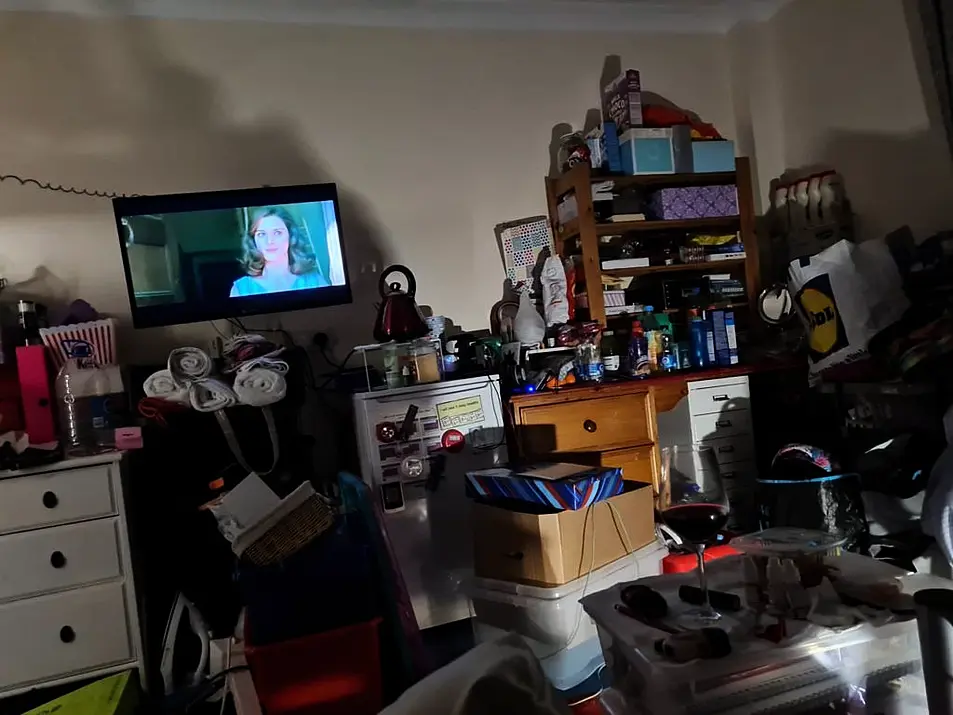
“You can see it in them,” continues O’Haire. “You see kids becoming morose, withdrawn—missing their friends, talking about missing their friends, worried about the emergency accommodation, hearing and seeing strangers around them. I mean, look at it from their point of view. Their whole world has been turned upside down. And then that goes on for a year or more. They come into the system and then it's so hard to get back out. It’s not impossible, but there are consequences for a family. It takes its toll.”
“I can see it happening in front of my face,” says Tara.
“The deterioration in my health, the deterioration in the kids’ health. I just think I should be stable at this point in my life. There have been points when I haven’t been able to get out of bed. It’s affected my relationship with the kids. We’d argue more. I’d be more stressed. I'm exhausted, every day is exhausting, so it takes a lot to keep going.
“I’m trying to remain positive for the kids and hope that they remain open enough to deal with it rather than suppress it and potentially turn to other things,” she says, predicting a whole new set of problems that will show up for a generation of traumatised children.
"I think there’s a massive focus on housing by the Government,” admits O'Haire, "but I think they really have to look specifically at homelessness because there are families and children who are two years and longer in homelessness.
"Any new Government’s immediate first step must be to reform social housing allocation to give a fair share of opportunities to the most vulnerable. These families just want to have their own home. And to get on with it, to get the kids into school, into college, whatever, just the same life plans anybody would have."
*names have been changed
To donate or to find out more about Focus Ireland’s Christmas appeal, please visit https://www.focusireland.ie/ or contact us by phone on 018815900 or email help@focusireland.ie
